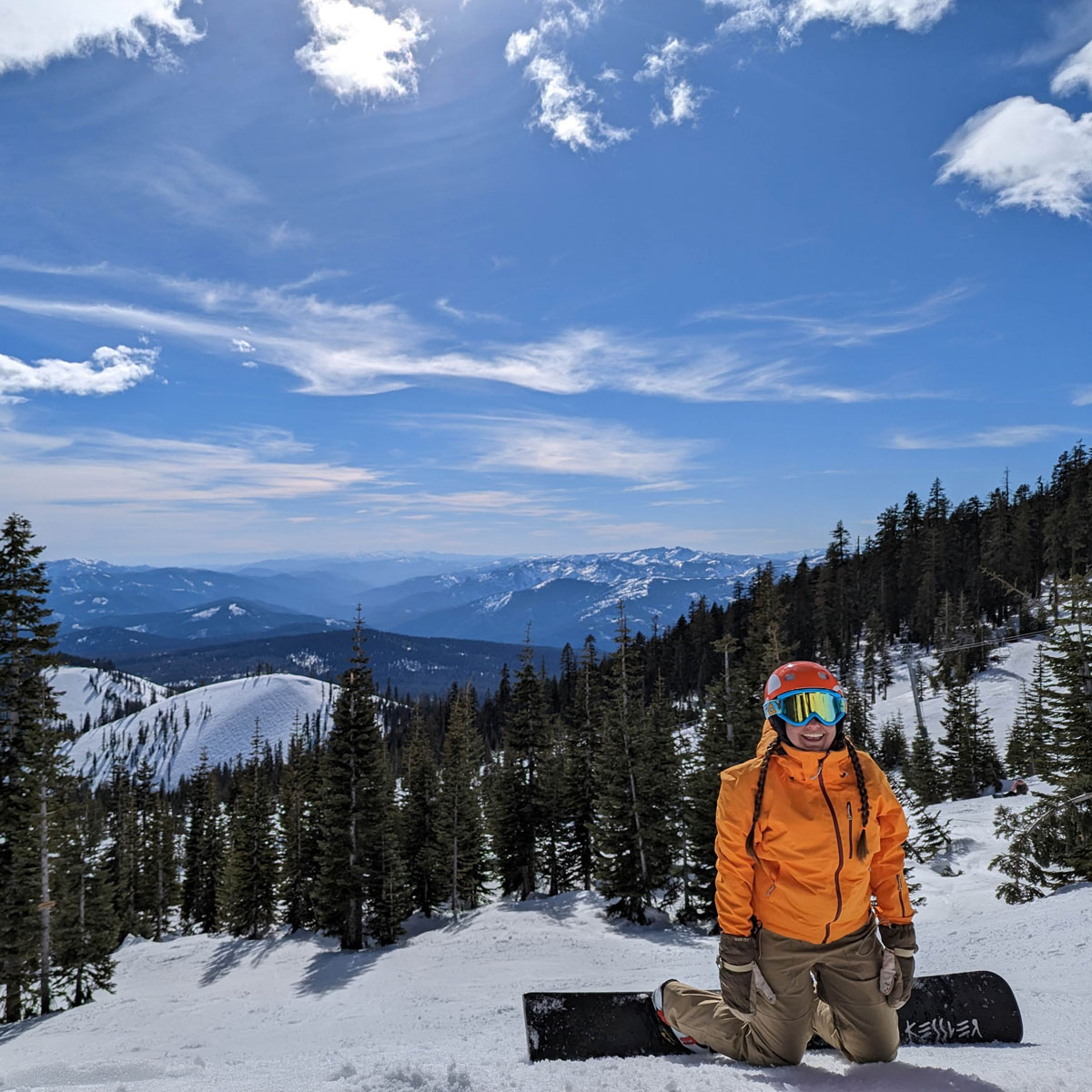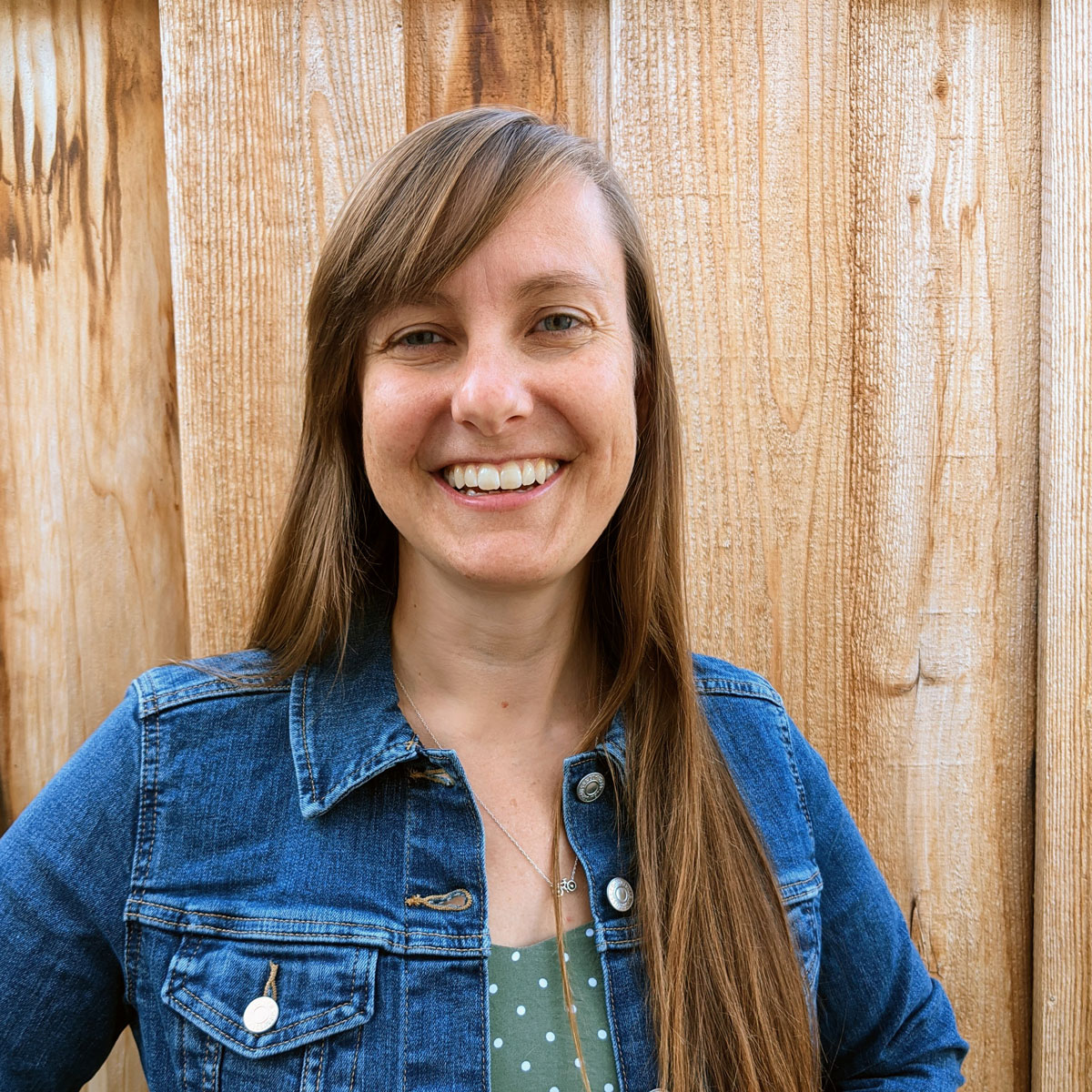
Dr. Tess Weathers is a hydrologist and Engineer-in-Training with interests in exploring the interplay of microbiology, chemistry, and hydrology. At Balance, Tess has collaborated on various stormwater management and low-impact design projects, CEQA reviews, and water quality sampling expeditions. Her research interests include the effects of contaminants of emerging concern, particularly poly- and perfluoroalkyl substances (PFAS) on subsurface microbial communities, 3-D modeling of thermal and hydrologic flows in the marine subsurface, and water supply and quality improvements using managed aquifer recharge. Tess has performed field work in Yellowstone National Park, human-centered design studies for water quality solutions in Huamancaca-Chico, Peru, and geophysical sampling at North Pond in the middle of the Atlantic Ocean.
Tess is also an Associate Professor and Engineering Program Co-Coordinator at Chabot College in Hayward, CA. She is passionate about providing tools and opportunities for success for systemically underrepresented students in STEM. When she is not in the office or the classroom, Tess enjoys snowboarding, surfing, hiking, and watching the Giants with her dog Buster.
- LEED Green Associate
- Ph.D. Hydrology, Colorado School of Mines, 2015
- M.S. Civil and Environmental Engineering, University of California, Davis, 2010
- B.S. Civil Engineering, California Polytechnic State University, San Luis Obispo, 2007
1D/2D Hydraulic Modeling, EIR, Engineering, Field Work, HEC-HMS, HEC-RAS, Hydrologic Monitoring, Hydrologic and Hydraulic Modeling, Hydrology, Monitoring, Stormwater, Streamflow, Water Quality
